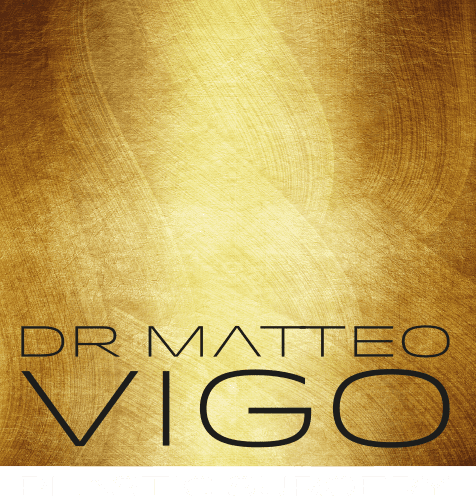WHAT A TUMMY TUCK CANNOT DO
Tummy Tuck Dubai | 20 June 2019
After pregnancy or weight loss, excess skin and fat can distort the appearance of the abdomen. In particular, many women find that after their second child or after bearing twins, their muscles and skin do not return to their original appearance secondary to repeated stretch of the abdomen. The abdominoplasty, or “tummy tuck” procedure, creates a flatter, firmer abdomen by removing excess fat and skin, and tightening the abdominal muscles. You are a good candidate for a tummy tuck if you are at a stable weight and are physically healthy, you have realistic expectations, and you do not smoke.
ANATOMY OF THE ABDOMEN
The abdominal wall consists of skin, fat, and muscle. The rectus abdominis muscles, which form the “six pack” of muscles on the abdomen, are covered by a firm sheath called the rectus fascia. This fascial layer frequently weakens and stretches out with pregnancy and weight gain. As a result, once a patient loses weight or has her children, she may be left with laxity of the abdominal wall. During surgery , the fascial layer over the rectus abdominis muscles is tightened, and the excess skin and fat are removed.
SURGERY STEPS
The abdominoplasty procedure is performed with a horizontal incision in the lower abdomen within the bikini line. In patients who have undergone a prior C-section, the incision can be made in the same location and extended to the sides. The rectus abdominis muscles of the abdomen are tightened, and the excess skin and fat are trimmed and redraped. Most abdominoplasty surgeries require repositioning of the umbilicus, or navel through a second incision. In the “mini” abdominoplasty procedure, lower abdominal muscle tightening with fat and skin removal are performed through a limited horizontal bikini incision only, without repositioning of the navel. The resulting scar is usually low on the abdomen, and therefore can be concealed within most bathing suits and clothing. Small drain tubes are placed with both techniques.
ADDITIONAL PROCEDURES
Liposuction is sometimes performed in conjunction with tummy tuck surgery to contour the flanks. Some patients wish to undergo simultaneous breast surgery to lift, add volume, or both. The combination of tummy tuck surgery and breast augmentation or lift surgery is commonly referred to as a “mommy makeover” procedure.
Additional procedures incur additional operating time, anesthesia, and surgical risks.
SURGERY AND ANESTHESIA
The surgery lasts 1 1/2 –2 hours, and is performed under general anesthesia. Many patients worry about the risk of general anesthesia, but it is very safe and it assures that you will be completely comfortable during surgery. Prior to surgery you will be required to obtain medical photographs, routine bloodwork, and in some cases preoperative clearance. The evening prior to surgery, you should not eat or drink anything after midnight. This ensures that you will have an empty stomach prior to surgery, which is very important for your anesthesiologist to care for you safely. You will need to have a responsible adult available to escort you home after surgery.
RECOVERY
Following surgery, you will awaken in the recovery area. Once you are fully alert, you will be transported to the stepdown area where you will be given something to eat prior to discharge. You will have two drains and a surgical garment placed at the conclusion of the procedure. The nurses in the recovery area will demonstrate how to empty and record the output from your drains. A responsible adult will need to be available to escort you home.
Patients are seen in the office one week following surgery. At that time your drains will be removed and you will be placed into a surgical garment. Most sutures placed will dissolve on their own.
Walking is permitted the day after surgery, but strenuous activity and heavy lifting are limited until six weeks following surgery. Most patients do not complain of severe pain following this surgery, but note that the abdomen feels “tight”, as if they have performed many sit-ups. Pain medication is prescribed for any discomfort. Swelling will be present for the initial 2-3 months after surgery, and the final results are typically seen 3-6 months after surgery. The scar will continue to fade and soften for up to one year following surgery, although it will never completely disappear.
WHAT A TUMMY TUCK CANNOT DO
A tummy tuck is not a substitute for weight loss or exercise. If you have ongoing weight loss, or are planning to become pregnant, you should delay your surgery. A tummy tuck cannot correct stretch marks, but it will remove the skin beneath the umbilicus. Stretch marks above this level some- times appear lighter after surgery, but they will not disappear.
